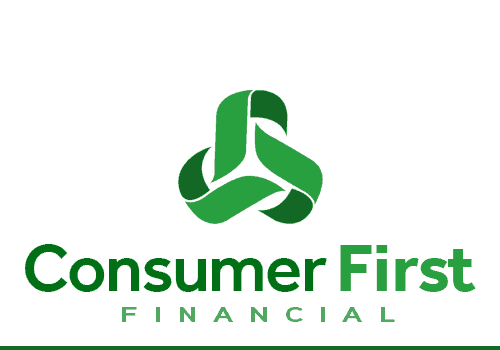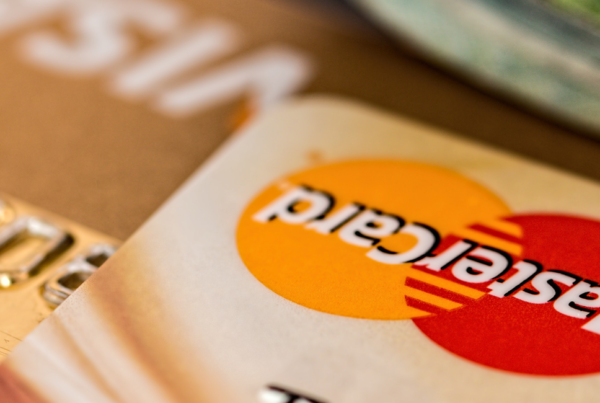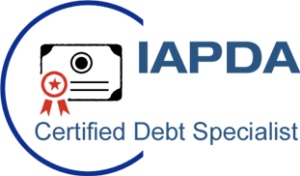
Debt Settlement or Debt Consolidation … how do I choose?
Average Americans are in a lot of debt, and it’s nothing to be embarrassed about, usually. Right now is an unprecedented time in the world of consumer debt – According to the Federal Reserve Bank of New York, Americans are borrowing (or attempting to borrow) at the highest rate in 20 years. Currently, Americans are carrying $887 billion in credit card debt — an increase of 13% since last year. A recent pandemic, global conditions, and inflation are just a few reasons why this increase is being seen. Simply put, consumers income is not keeping up with inflation and cost of living, this means people turn to credit cards and loans, many of which are predatory in nature.
Traditional debt repayment has a specific purpose; to keep you in debt and paying on it for as long as possible. This is how creditors make their money. For many people currently paying on credit cards or high-interest loans, there is no end in sight. The cycle of minimum payments is near impossible to break; this is where debt relief services step in.
One of the most common questions we receive is, how is a debt settlement program different than a consolidation program? Which one is better? We’ll dive into the differences and pros and cons of each in this article.
Debt Settlement
Debt Settlement involves negotiating with your debtors either personally or with the help of a certified debt counselor. The goal is to negotiate a lower balance on your owed debt, and settle for that lesser amount. This is done to help creditors salvage a part of the money at least, if you cannot pay it all.
Debt Consolidation
Debt consolidation on the other hand involves getting a consolidation loan from a bank or credit union. This allows you to pay off your existing debts to various lenders and reduce your creditor to just one (the financial institution). In addition, your monthly payment is now limited to one single interest rate.
In short, debt settlement helps reduce your debts quickly and at a reduced cost. Debt consolidation helps reduce the number of debtors you’re paying, for a more manageable single monthly payment with interest..
If you’re still scratching your head trying to determine whether debt settlement or debt consolidation is the best for you, here are some of the pros and cons of the two methods that might help. Remember, no matter what you choose, it’s always advised to speak to a licensed debt consultant to understand the best option for YOU. Everyone’s situation is different and there is no one size fits all approach to debt recovery.
Pros and Cons of Debt Settlement
Advantages of Debt Settlement
- It will help you save money. By using debt settlement, you can pay significantly less than the original debt amount owed.
- It prevents you from filing from bankruptcy. Bankruptcy can ruin your credit for the rest of your life and prevent you from getting help from financial institutions. Debt settlement on the other hand will only have an impact on your credit report for a short time, and generally recovers quickly.
- You money will go directly to paying the principal debt, not interest rates. This results in significantly shorter payoff times.
Disadvantages of Debt Settlement
- You will pay have to pay a fee to a debt settlement company. Be sure to discuss the fees with a consultant before entering any program. These fees should never be up-front or “additional” costs. Accredited debt relief companies make their money by receiving a percentage of the debt recovered, and never until the debt has been settled.
- It will have an impact on your credit score, sometimes reducing it by about 65 to 125 points. This reduction is temporary. As you complete a settlement program, your debt to income ratio is reduced – this is a key factor in credit score and as it lowers, your score begins to recover.
Debt Consolidation
Advantages of Debt Consolidation
- Payment is easier as you have to pay just one payment to one lender when you take a consolidation loan. You’ll only pay one interest rate as well.
- You get a lower interest rate on the consolidation loan than that on your credit card debt. Generally speaking, you can get a better interest rate with a consolidation loan, but this is heavily dependent on your credit.
Disadvantages of Debt Consolidation
- Late payment can result in late fees and sometimes default.
- While you are eliminating multiple interest rates, you are still paying interest.
- Monthly payments on consolidation loans can often be high. Keep in mind you’ve aggregated multiple monthly payments into one.
- The weight of debt management and payment of creditors will rest solely on you.
Studying the above advantages and disadvantages will help you make an informed decision on whether debt settlement or debt consolidation is the right option for you. However, if you are dealing with unsecured debt like credit cars, medical bills or other personal loans; debt settlement is probably the best for you.
Your partner in debt relief,
Consumer First Financial





